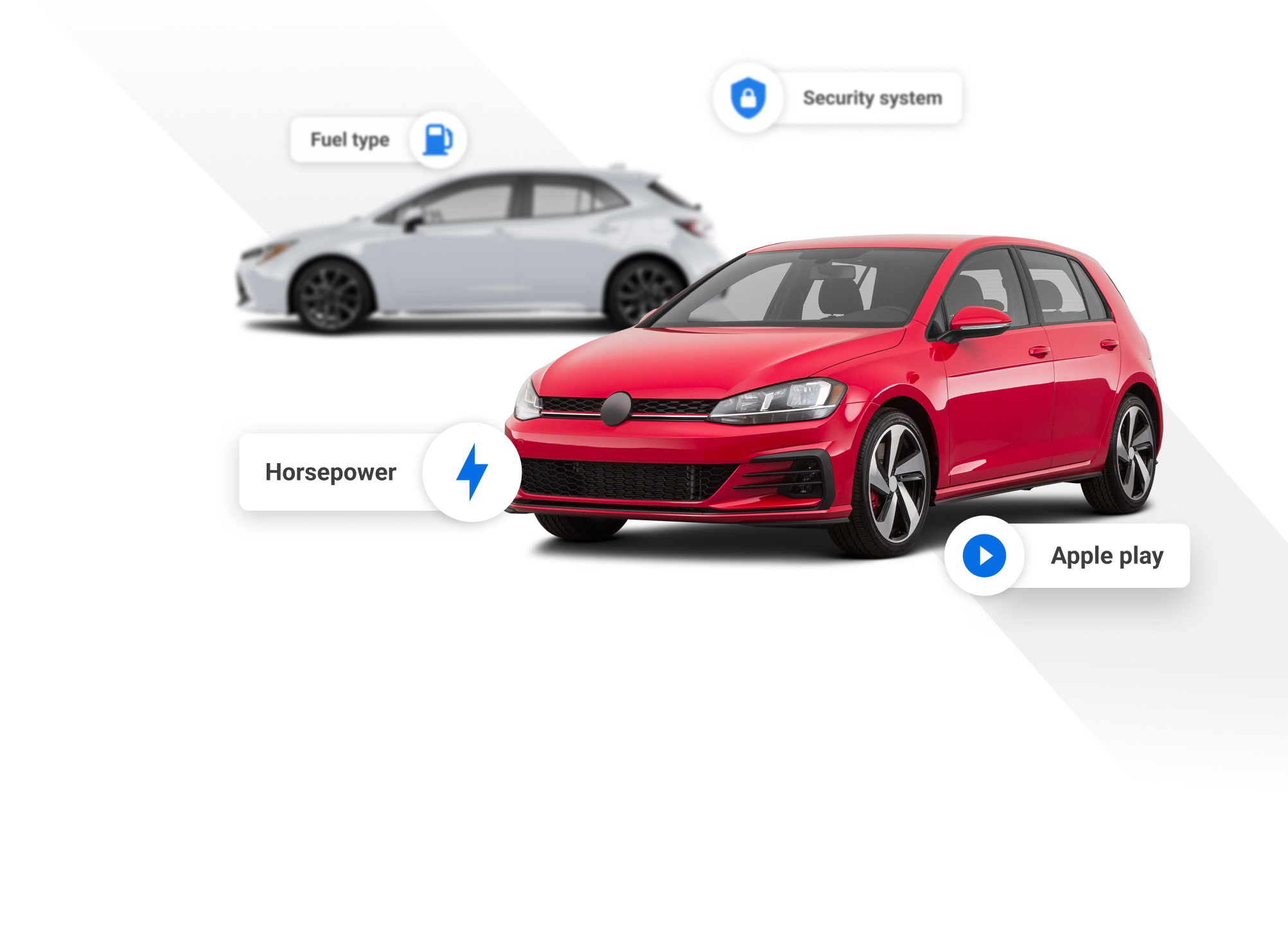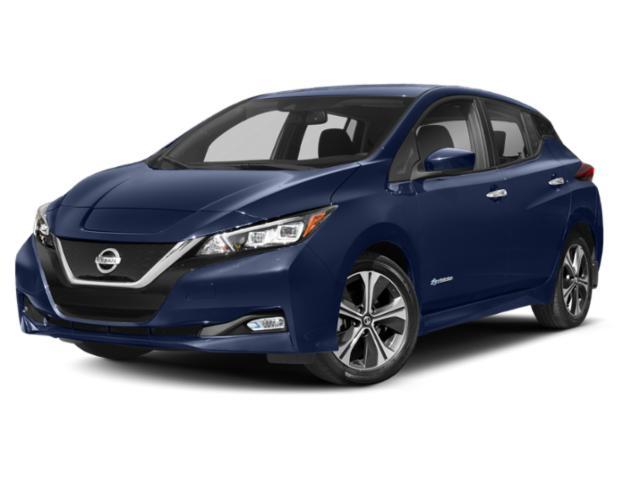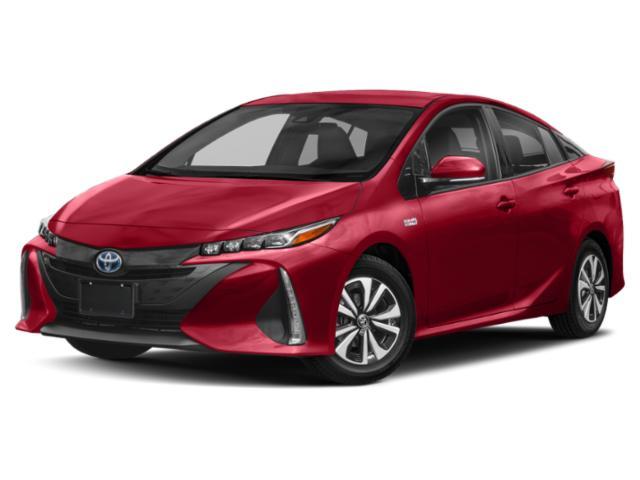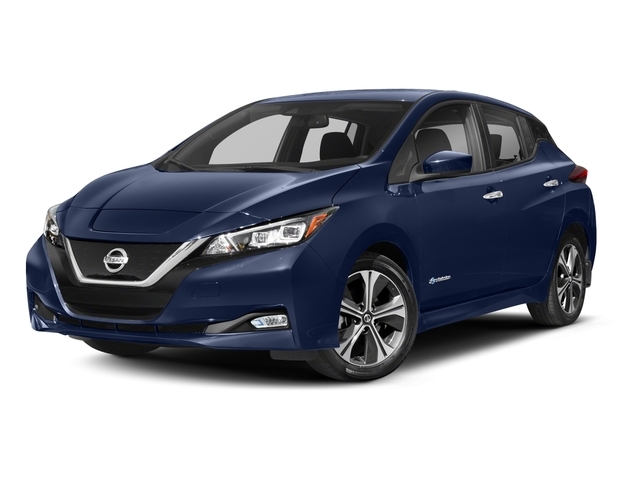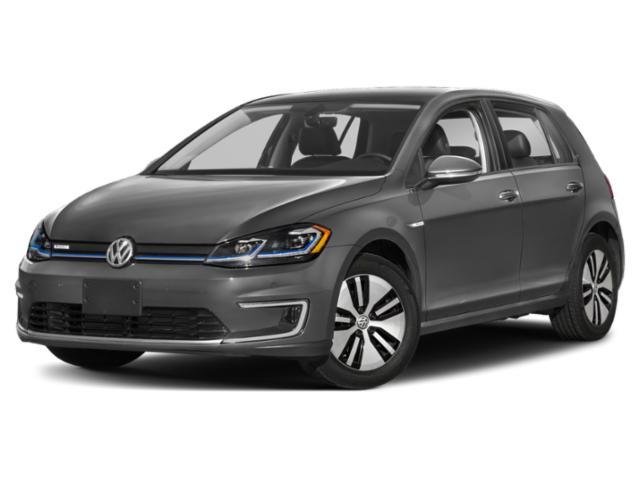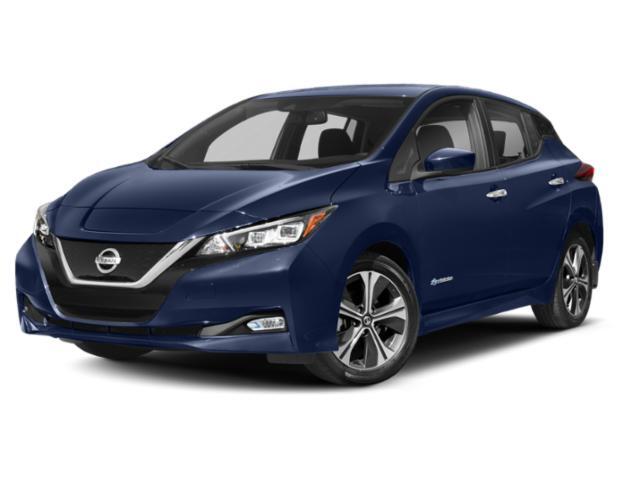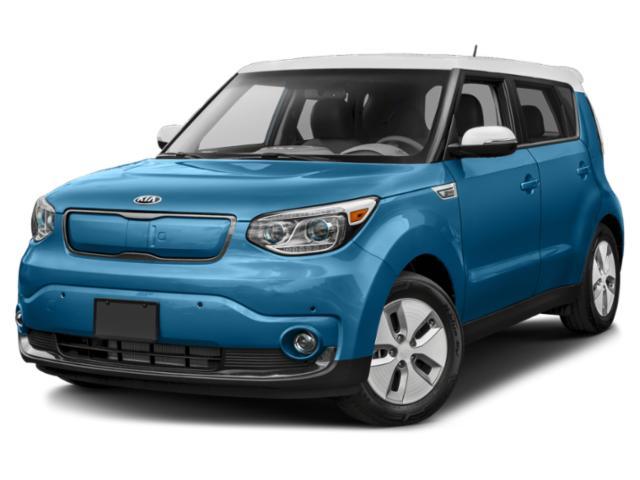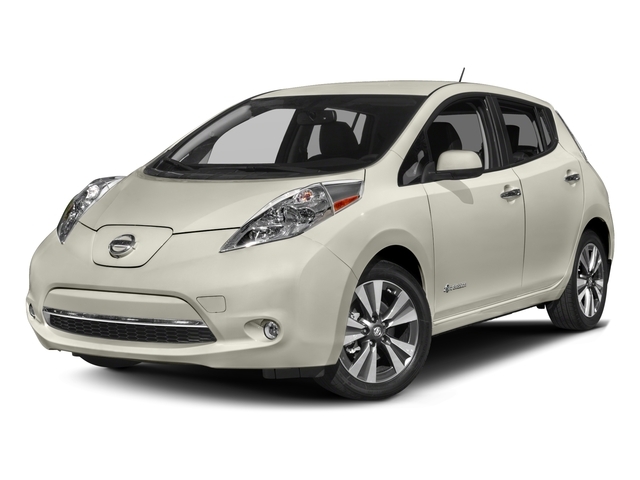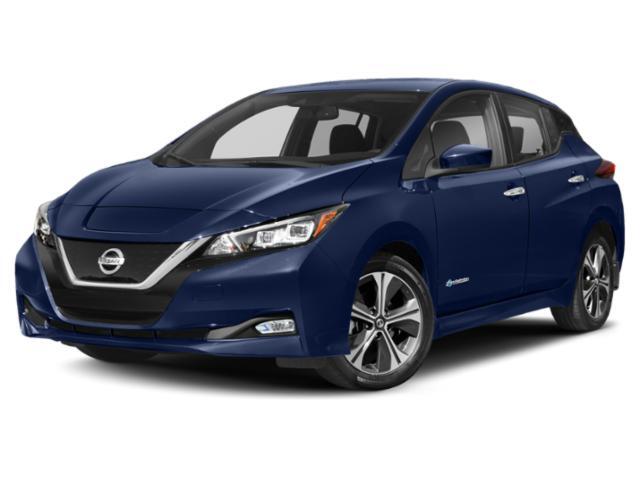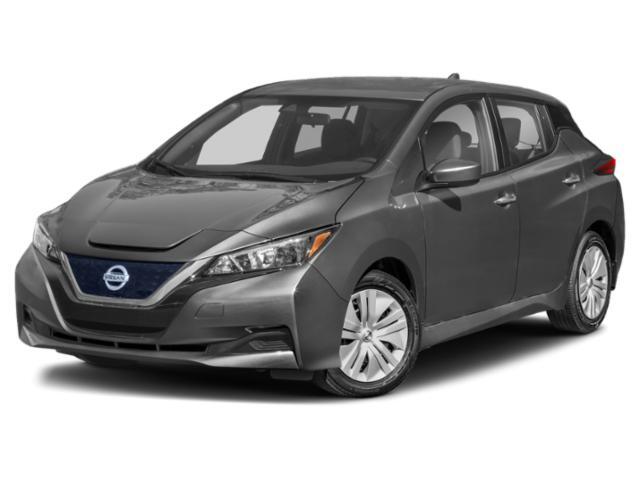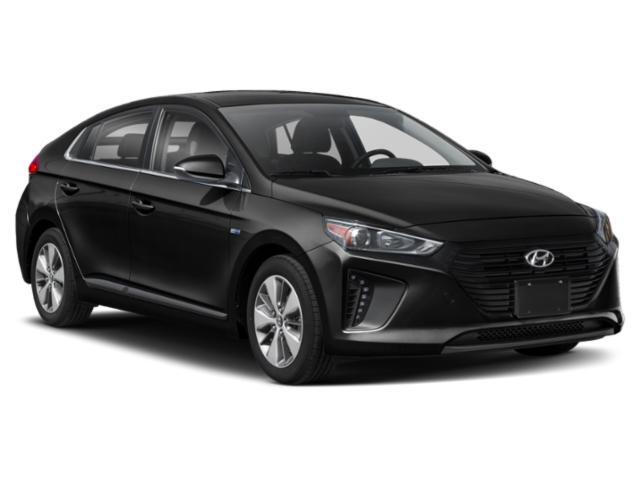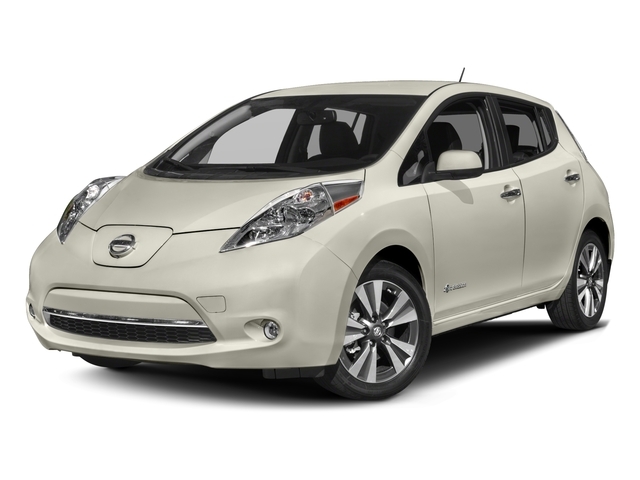
2019 Hyundai Ioniq Electric


Key Specifications for 2019 Hyundai Ioniq Electric






Buyer’s Guide
If you believe that imitation is the sincerest form of flattery, then Toyota should be plenty flattered: When Hyundai rolled out the Ioniq in 2017 as its first fully electric vehicle, it dressed it in a body clearly inspired by previous generations of the Toyota Prius hybrid. Its fastback body style is a nod to aerodynamics, but it also helps to set the car apart from the rest of the Hyundai range.
For 2019, the Ioniq electric is back for its third model year with no changes.
A 28 kWh battery feeds an electric motor that puts 118 hp and 218 lb-ft of torque to the front wheels to a single-speed transmission. Hyunda promises 200 km of driving range.
Ioniq Electric's trim levels are Preferred and Ultimate.
Preferred models get LED daytime running lights and taillights, automatic headlights, heated side mirrors, heated front seats, manual front seat adjustments, a six-speaker stereo with 7.0-inch infotainment display, Apple CarPlay and Android Auto, cruise control, dual-zone automatic climate control, a 4.2-inch digital gauge cluster display, power eight-way driver's seat, heated rear seats, passive keyless entry, sunroof, heated steering wheel and blind spot detection with lane change assist and rear cross traffic alert.
Ultimate trim adds HID headlights with automatic high beams, navigation and an eight-speaker stereo with 8.0-inch touchscreen, a 7.0-inch gauge cluster display, 17-inch wheels, leather upholstery, auto-dimming rearview mirror, adaptive cruise control, rear parking sensors, driver attention warning, lane keeping assist and forward collision warning with automatic braking and pedestrian detection.
Ioniq Electric's 200-km driving range lines it up against competitors like the Volkswagen e-Golf, while the better-known Nissan Leaf promises more than 240 km and is set for 2020 to get a variant that'll cover more than 350 km on a charge.
Ioniq Electric may have been Hyundai's first EV, but it's no longer the company's best: that title goes to the Kona Electric, a compact electric crossover launched for 2019 with more than 400 km of range.
The Ioniq EV's energy consumption estimates are 1.6/2.2 Le/100 km.
Review & Compare:
Photos
No content available
AutoTrader Review


This vehicle has not yet been reviewed



